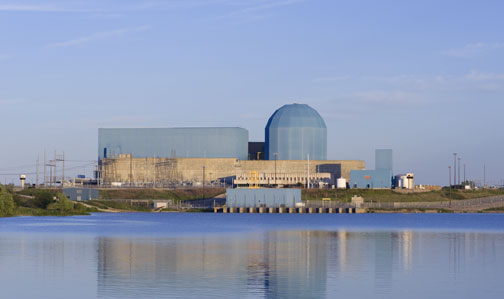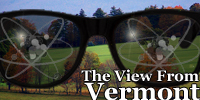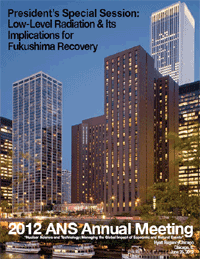The former site of the K-33 gaseous diffusion enrichment plant in Oak Ridge’s East Tennessee Technology Park is the future site of Hermes and Hermes 2. (Photo: Kairos Power)
Nuclear Regulatory Commission staff has completed its final safety evaluation for Kairos Power’s application to build its Hermes 2 molten salt–cooled reactor test facility in Oak Ridge, Tenn., the agency announced July 22. Earlier, and independently, the NRC’s Advisory Committee on Reactor Safeguards (ACRS) reviewed safety-related aspects of the Kairos application and provided its review to the Commission on July 17. The evaluation concluded that there are no safety aspects that would preclude issuing a construction permit for the facility, but that can’t happen until the NRC staff issues its final environmental assessment later this summer and the Commission assesses the staff’s work (under newly streamlined procedures for mandatory hearings) this fall before voting on whether to authorize a construction permit.
The Spherical Tokamak for Energy Production (STEP), shown here, is a government-backed prototype fusion energy plant planned for operation in the U.K. in the early 2040s. (Image: UKAEA)
Future fusion energy facilities will continue to be regulated by the Environment Agency (EA) and Health & Safety Executive (HSE), the U.K. government announced June 20, and existing law on nuclear regulations will be amended to exclude fusion energy facilities from nuclear fission regulatory and licensing requirements. The move was announced by the United Kingdom Atomic Energy Authority (UKAEA) with the expectation it would provide “clarity to developers of prototype/demonstration fusion facilities currently being planned to support rapid commercialization.”














 When the heat released by nuclear fission is used in a steam plant to produce mechanical power, the second law of thermodynamics dictates that a large part of the heat must be rejected to the environment. Most land-based nuclear plants reject heat by using cooling water from a river or ocean.
When the heat released by nuclear fission is used in a steam plant to produce mechanical power, the second law of thermodynamics dictates that a large part of the heat must be rejected to the environment. Most land-based nuclear plants reject heat by using cooling water from a river or ocean.